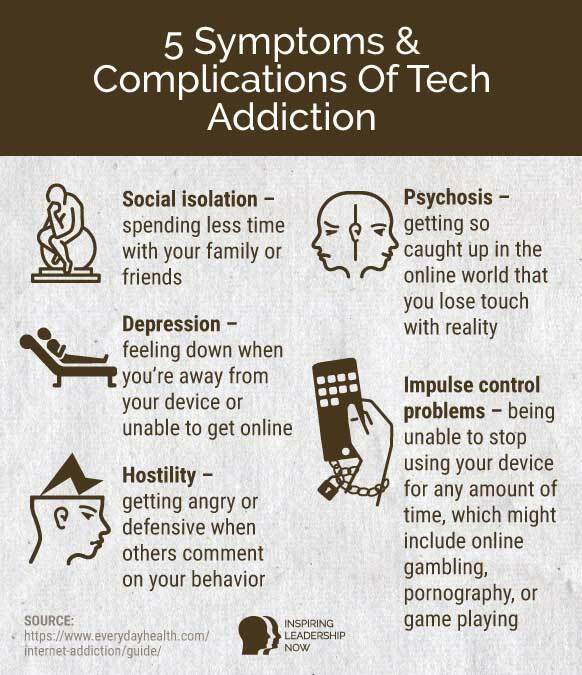There are studies that indicate that if you stay online more than 3 hours a day, you can be considered an internet addict. But who is not connected all the time in this period of isolation caused by the pandemic?
Leading access are messaging apps and social media. The internet is so ingrained in our lives that we accept it as normal behavior to leave the phone under our pillow.
Internet: This wonder of the mid-twentieth century that integrated the world and changed forever the way we communicate.
Is possible, for example, studying at a university in the United States without even worrying about a Visa, tickets flights or a place to stay. All in the comfort of your home.
We are more efficient: We no longer need a big and unnecessarily heavy street guide. Not even books need to take up space in our bags. And what about the space that we no longer need to occupy in our memory, such as the contact book, totally retired.
But when does this facility become a problem?
The Internet can gives us pleasure, facilities and often an escape from many situations. This generates dopamine for the brain, which associates it as a good thing and constantly demands more doses. Some people prefer personal relationships online over offline.
When excessive use disrupts the user's life, as occurs with other types of addictions and compulsions, such as drugs and drinks, an alert must be turned on. There are cases in which the user avoids these family members and starts a progressive isolation.
There are books about the effect social networks has in our lives. A small part of this subject that we can mention is social approval mechanism called LIKE. The amount of likes you get, either in a photo or in a message, makes you believe that you are accepted and are in a certain group, something that is inherent to the human being to seek.
On the other hand, not receive this kind of approval and using this as a happiness thermometer can lead to a dangerous depression.
A very interesting book about this is "Ten Arguments for Deleting Your Social Media Accounts Right Now" by Jaron Lanier, considered a founder of the field of virtual reality.
Like any addiction, the lack of internet access can generate the same symptoms of people addicted to alcohol or cigarettes as agitation, irritability and anxiety, and may even become aggressive.
If you spend a lot of time connected, and feel the same symptoms as above when you can't connect or even avoid places where a connection won't be possible, you should turn on an alert.
It's important to say that the internet is not the villain. At this point, it differs from other drugs. Perhaps we need to learn to deal with it by clearly defining who uses and who is being used.






Top comments (0)